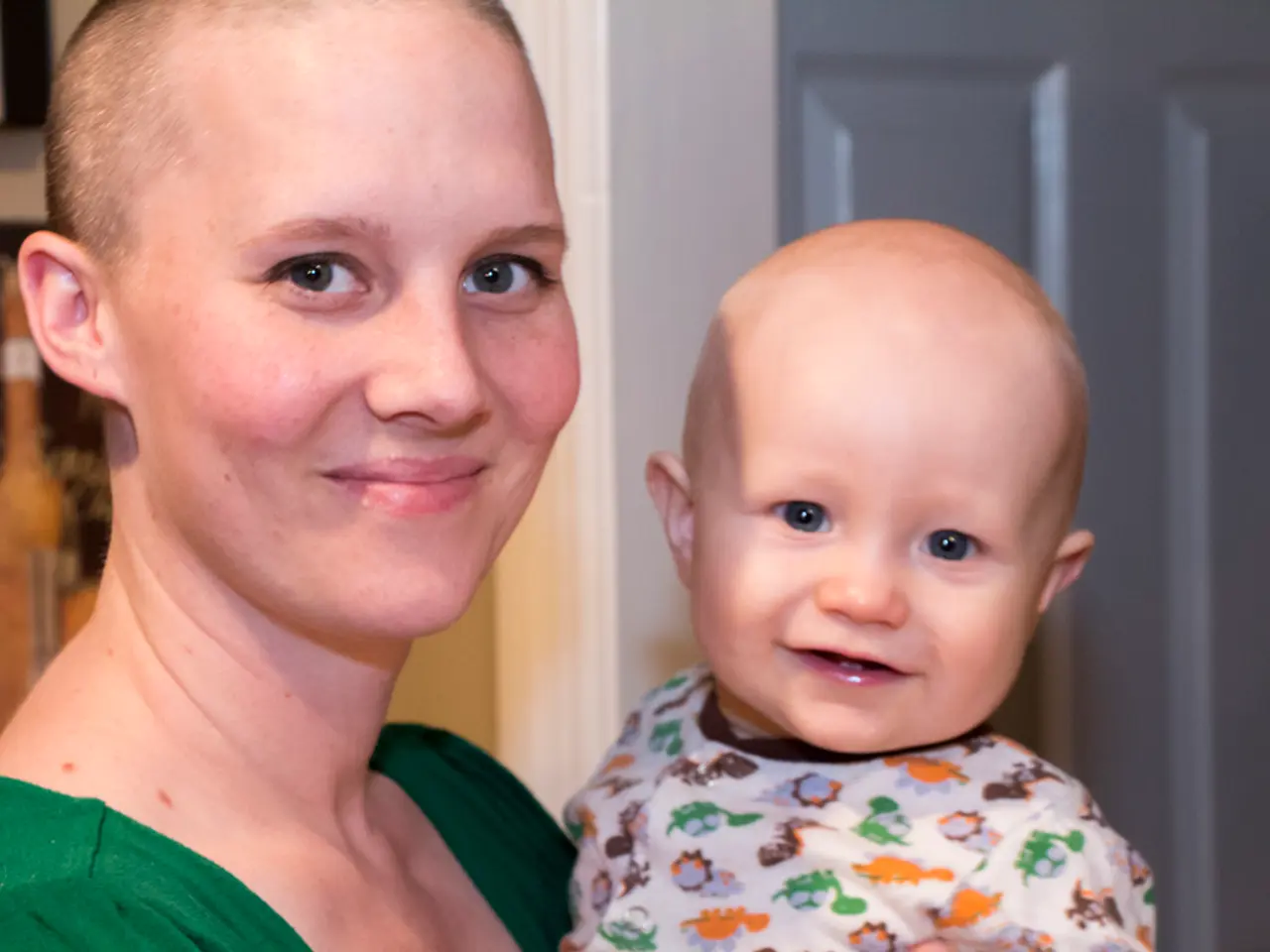Navigating Gender Equality: Contemporary Parenting in Nigeria
In modern-day Nigeria, the landscape of parenting is evolving, with many parents finding ways to balance their careers and parental responsibilities. This shift is due to factors such as education, economic opportunities, and the rise of gender equality and women's empowerment movements.
One of the key strategies for balancing gender roles is shared household and child-rearing responsibilities. This promotes gender equality within the family, breaks the stereotype that men are only responsible for providing financially, and encourages men to play a more active role in the household. Allowing men to actively participate in parenting enables them to bond with their children and develop a strong emotional connection.
However, this change is not without challenges. Cultural and societal resistance to changing gender roles is a significant barrier in modern Nigerian parenting. The traditional view of men as primary providers and women as nurturers and homemakers is deeply ingrained, and shifting these roles can spark conflict within relationships.
External pressures and judgment from others create a battlefield of opinions, making it difficult for couples to balance gender roles. However, embracing gender equality in parenting is crucial for the healthy development of children. When both parents actively participate in child-rearing, they provide a diverse range of skills, perspectives, and experiences.
Children grow up seeing both parents as equal partners, challenging ingrained gender stereotypes and promoting respect and understanding between genders. This is particularly important in a society where there is a strong cultural preference for sons, influencing reproductive behavior and exacerbating gender inequality within families.
The "Japa" phenomenon, or mass emigration, also affects family structures and parenting dynamics. Families seeking international mobility and dual citizenship for children can influence decisions around DNA testing and parental responsibilities.
Modern parenting practices in Nigeria involve equal opportunities being provided to children, breaking gender stereotypes and setting an example for their children. Effective communication is vital for teamwork in parenting, with regular discussions about parenting strategies, challenges, and expectations.
Flexible work arrangements and parental leave policies are important for both partners to actively participate in caregiving. They empower parents to break free from societal expectations that confine them to traditional domestic roles.
Examples of successful modern Nigerian parents who balance their gender roles effectively include the Dike Family, Ibrahim Family, and Okonkwo Family. These families practice supportive co-parenting, with both parents actively assisting each other in various tasks. Childcare and domestic duties are shared equally, with fathers actively involved in tasks such as feeding, bathing, and changing diapers.
Role conflict and negotiation within relationships can still spark conflict as partners grapple with evolving expectations. However, the call to embrace gender equality in parenting is a call for individual growth and societal transformation. The journey towards balanced gender roles in modern Nigerian parenting is not just a choice but a necessity for the holistic development of children.
In conclusion, balancing gender roles in parenting brings numerous benefits, including improved parenting dynamics, positive impact on children's development, equal distribution of household and childcare responsibilities, and promoting a healthy work-life balance for both parents. This concept recognizes that gender should not limit the roles and responsibilities of parents. Embracing gender equality in parenting is a step towards a brighter future, shaping the lives of children and contributing to the evolution of a more inclusive and progressive Nigerian society.
[1] "Paternity Fraud in Nigeria: A Growing Concern" - The Guardian Nigeria [2] "Son Preference and Its Social Implications in Nigeria" - UNICEF [3] "DNA Testing and the 'Japa' Phenomenon in Nigeria" - The Conversation [4] "Adaptive Parenting Approaches in Nigeria" - Journal of African Child Health [5] "Gendered Expectations in Nigerian Parenting" - African Journal of Social Work and Welfare
- The evolution of parenting in modern-day Nigeria is driven by factors such as education, economic opportunities, and women's empowerment movements, leading to a focus on shared household and child-rearing responsibilities.
- Encouraging men to play a more active role in the household through shared responsibilities facilitates bonding and develops a strong emotional connection between them and their children.
- Cultural and societal resistance to changing gender roles poses a significant barrier in modern Nigerian parenting, as traditional views of men as primary providers and women as nurturers persist.
- Embracing gender equality in parenting is essential for the healthy development of children, as equal participation by both parents provides a diverse range of skills, perspectives, and experiences.
- Children raised in families where both parents actively participate in child-rearing develop a stronger understanding of gender equality and respect between genders, helping to break ingrained stereotypes.
- The "Japa" phenomenon, or mass emigration, influences family structures and parenting dynamics, impacting decisions around DNA testing and parental responsibilities.
- Effective communication is critical for teamwork in parenting, as regular discussions about parenting strategies, challenges, and expectations help establish shared goals and practices.
- Flexible work arrangements and parental leave policies empower parents to balance their careers and parental responsibilities, allowing them to actively participate in caregiving.
- Successful modern Nigerian families who balance their gender roles effectively, such as the Dike Family, Ibrahim Family, and Okonkwo Family, practice co-parenting, with fathers actively involved in childcare tasks.




